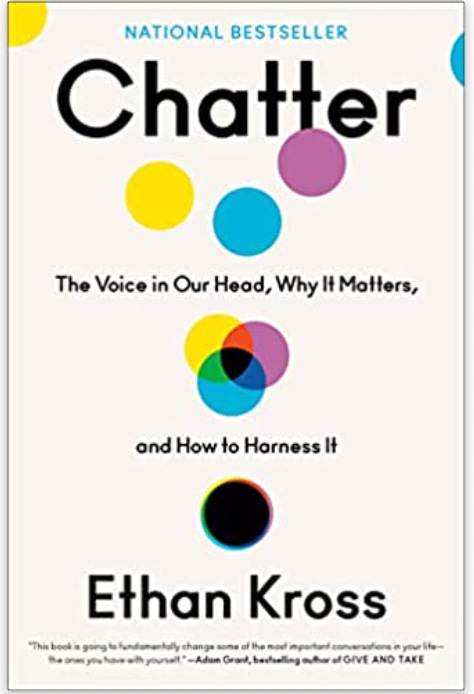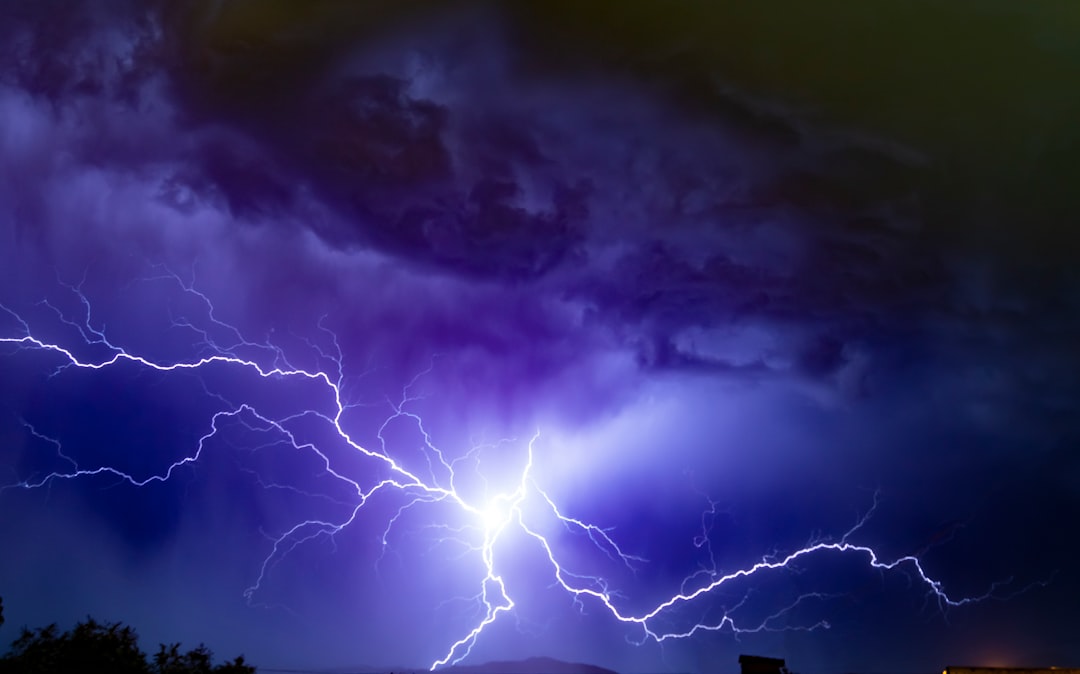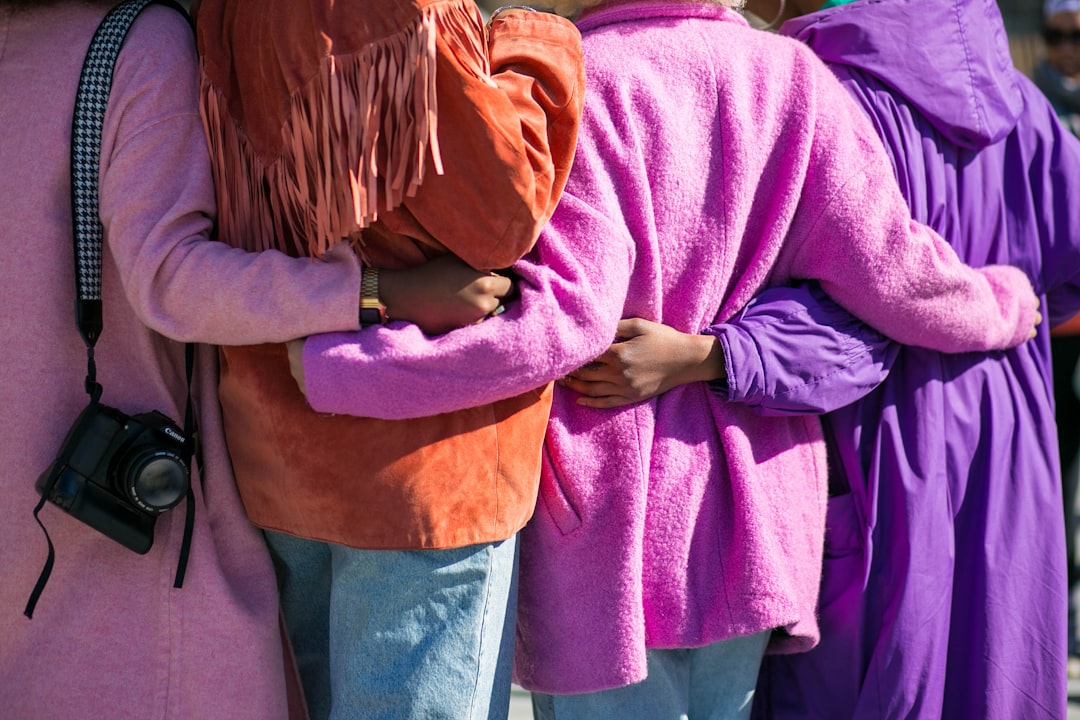Who am I without anxiety?
This is a question that surprised me when I first started hearing it, but I’ve heard it enough now to understand that this is a very real thing for many people. Back in edition 161 of The Anxious Morning I talked about being afraid to get better because getting better means leaving our excuses and accommodations behind. But today I want to focus a bit more on the identity crisis that sometimes confronts people during the recovery process.
I’m not going to pretend that I have reams of peer reviewed research to offer here. But what I do have are patterns that become clear when you’re talking to thousands of people over a number of years. One of the patterns that becomes quite clear is that being a fragile anxious person can develop into a bit of a personal brand at times. When we add a traumatic background into the mix, that propensity to build one’s sense of self around the condition becomes even more pronounced. While I’m pointing things out, I will also point out that mental health trends on huge social media platforms are likely contributing to this.

Is there still stigma and shame associated with mental health issues? You bet there is. Many people suffer in silence, trying to hide the struggle because they fear being ridiculed, judged, or even abandoned because of that struggle. But in the last ten years we’ve also done that digital thing where we throw words like trauma, narcissism, self-care and gaslighting around so often that they start to get watered down and lose meaning. When everyone is a narcissist, everyone is gaslighting everyone else, and everyone has trauma, we make it VERY easy for struggling people to become emotionally attached to those terms and weave them into their own personal sense of self. I see this directly several times every week when I bear the brunt of an angry outburst from someone that takes exception to my suggestion that they might NOT be forever broken. If it didn’t happen regularly, I’d dismiss it, but it happens enough for me to know that this is in fact a thing.
If you have glued yourself to popular social media narratives about mental health, you may start to feel like “getting better” can strip you of some of who you are. If you are not a broken anxious traumatized person that can fall back on insisting that you can’t, then who are you? Sometimes there’s understandable anger under this dilemma. Sometimes vocal advocacy for the mental health issues you are struggling with becomes who you are, so what happens when you are no longer struggling? I’m not judging you if any of this resonates with you. Recovery shakes up almost everyone’s sense of identity at some point and for some reason, so if you find yourself in this situation and feeling this way, you are certainly not alone in that.
Every month I do a two hour webinar about tolerating distress and discomfort. My co-host is anxiety and OCD specialist Joanna Hardis. It’s proving to be quite useful to the folks that join us. More info can be found here.
Let’s look another common pattern that results in “recovery identity crisis” for many of our friends. Someone that has been told for years that they are broken, fragile, and incapable can easily start to believe that. That self-image becomes so powerful that it’s really scary to consider who they might be if that self-image turned out to be incorrect. This is not a matter of wanting excuses at all. This is a matter of being faced with truly not being sure who you are. That’s a psychological bomb for anyone, anxious or otherwise!
Here’s the part where it all starts to sound like everything else I say. You may be afraid to get better because for whatever reason you feel yourself facing an identity crisis if you’re not an anxious person any more. That’s OK. There’s a reason we all understand the term “identity crisis.” It’s a normal part of human life that we all acknowledge can happen sometimes.
But what can you do with it?
In a word … surf. You can handle that crisis. Remember that one of the primary lessons in recovery is that you are capable. You’re capable when anxious. You’re capable when afraid. You’re capable even when unsure about something as big as this. How can you surf? Sometimes you just have to try being something else and see how that turns out. You might find things you like about your new “non anxious identity”. You might find things you don’t like and you’ll adjust accordingly. Really, this becomes a process of discovery. Discovery can be scary, but also highly rewarding. But above all, discovery is an active process.
Who will you be without anxiety? I don’t know. You don’t know. But one thing we do know is that you won’t find out without embarking on that discovery process. You won’t answer the question - and ease your discomfort - by sitting and thinking or worrying about it. That only happens through doing, even when the doing is scary and filled with uncertainty.
I won’t hurl some stupid life coach cliche at you about growth being uncomfortable. But if you sit for like 4 seconds I bet you can think of at least three of those. And in this case, as much as I hate it, they kinda apply.
I’m currently reading “Chatter” by Ethan Kross. Chatter is a really great look at the nature of our internal dialogue and how this useful tool can often go off the rails and become harmful. It’s especially applicable in our community.
Once in a while on Tuesday I’ll let you know what I’m currently reading. I read quite a bit on psychology and philosophy, but really you never know what I’ll have in my Kindle or Audible libraries! If you’re on Goodreads and into books, you can follow/friend me over there. Here’s a link to my currently reading shelf. I’d love to see what you’re reading and what you recommend.













Share this post